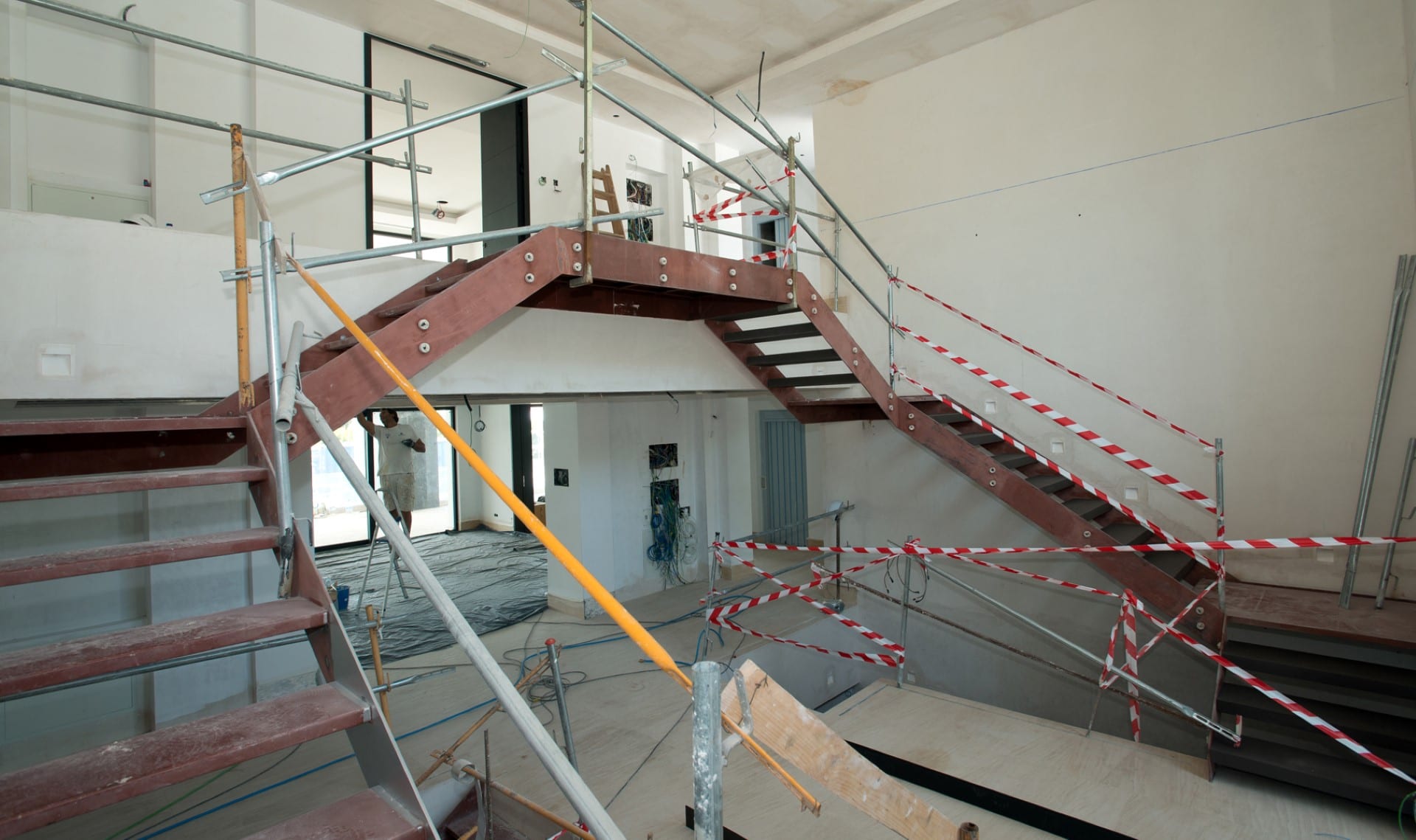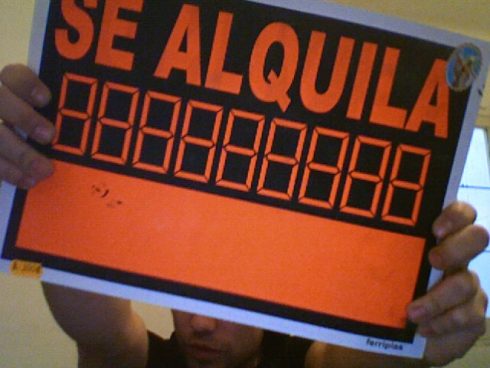
SETTING out to find the right contractor to construct your new home or property extension can be a daunting task if you are not familiar with the building trade, or already know of a great professional builder in your area.
Undertaking extensive renovations or creating the villa you have always dreamed of is an exciting project in life, but the dreams can turn to misery if you end up choosing the wrong firm.
The process is even more complex if your property is located in Spain and you live overseas, or are an expatriate that is new to the country.
Terra Meridiana recently sat down with Chris Warren of Renson Management, a professional project management company based in Sotogrande, to ask his advice about how best to approach choosing the right builder for the job.

Question 1: Is there a great difference in the type of builder that you choose to undertake different types of works?
E.g. a new house, large extension or refurbishment of a room?
And if so, what particular credentials would you look for, for each one?
You can really divide the contractors here into three categories: small, medium and large, and when tendering for any building work you will need to assess what your requirements are, and which suits the scope of your project.
There are many contractors that can happily undertake smaller projects like refurbishing a living and dining area,which do not require any structural works.
When dealing with extensions or a new build, this will require both an architect and aparejador (a technical architect) as your drawings need to be passed by the College of Architects or Aparejadores, in order to obtain a building licence for the works.
Under normal circumstances the architect will propose the contractor they wish to tender for the works; if you have a project manager then it will be their responsibility alongside the architect.

In such cases the professionals should be guiding the client towards the most appropriate contractors.
Once the tenders are received your architect and/or project manager will conduct a tender analysis and they will negotiate with the contractors on price, programme content and the contract conditions.
Question 2: How many companies would you ask to quote for each job?
Depending on the size of the project, between three and six companies.
Question 3: What kind of references and credentials do you ask for?
The two most important things to establish are how long the company has been trading for, and to ask for references from previous clients.
Question 4: Would you recommend meeting each prospective contractor with a friendly architect/interior designer at your side?
Again, it depends on the size of the project, but in general we, as the project manager, would prepare a tender list of five or six contractors for larger projects, and would introduce the client to the last three.
Question 5: Is it suitable to discuss sourcing materials and subcontractors with the builder?
When discussing materials and suppliers, they should first be talked through with the architect to establish the client’s requirements, and the sourcing of materials can then be done with either the subcontractor or the contractor.
Question 6: How do you ascertain what is a reasonable schedule for the job?
This will be down to experience, and the architect or project manager negotiating with the contractor.
Question 7: What kind of payment plan should be agreed?
Payments should be made each month after the works are completed and approved by both parties via a monthly certificate; no payments should be made upfront, otherwise you will find you are financing the contractor!
Question 8: What paperwork should be drawn up to provide protection against issues that might arise?
Make sure you have a written contract with the builder that includes all the necessary applicable clauses.
Question 9: Do you have any general advice or tips that you think people should be aware of?
If any contractor is asking for money upfront, BEWARE! You will be financing them!








